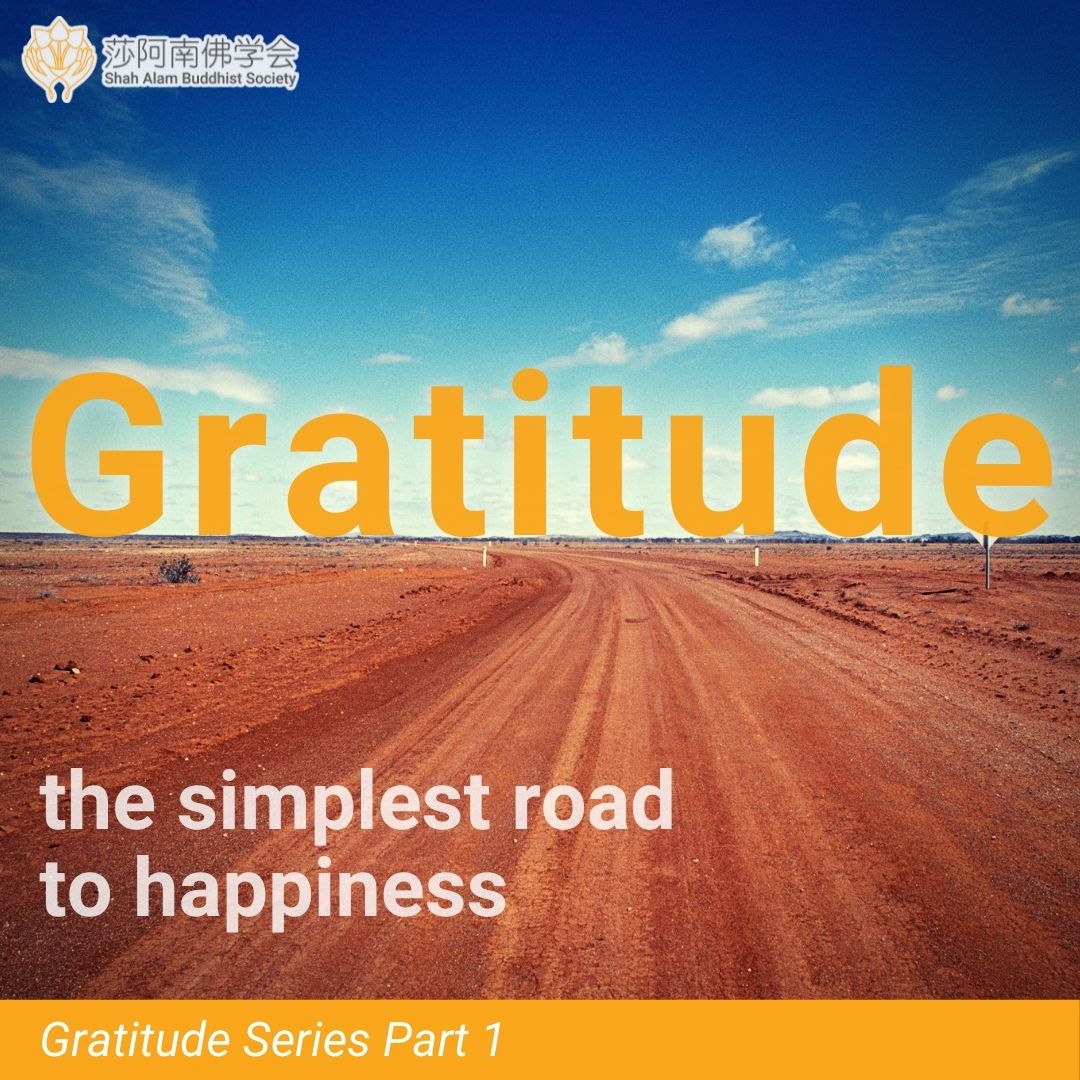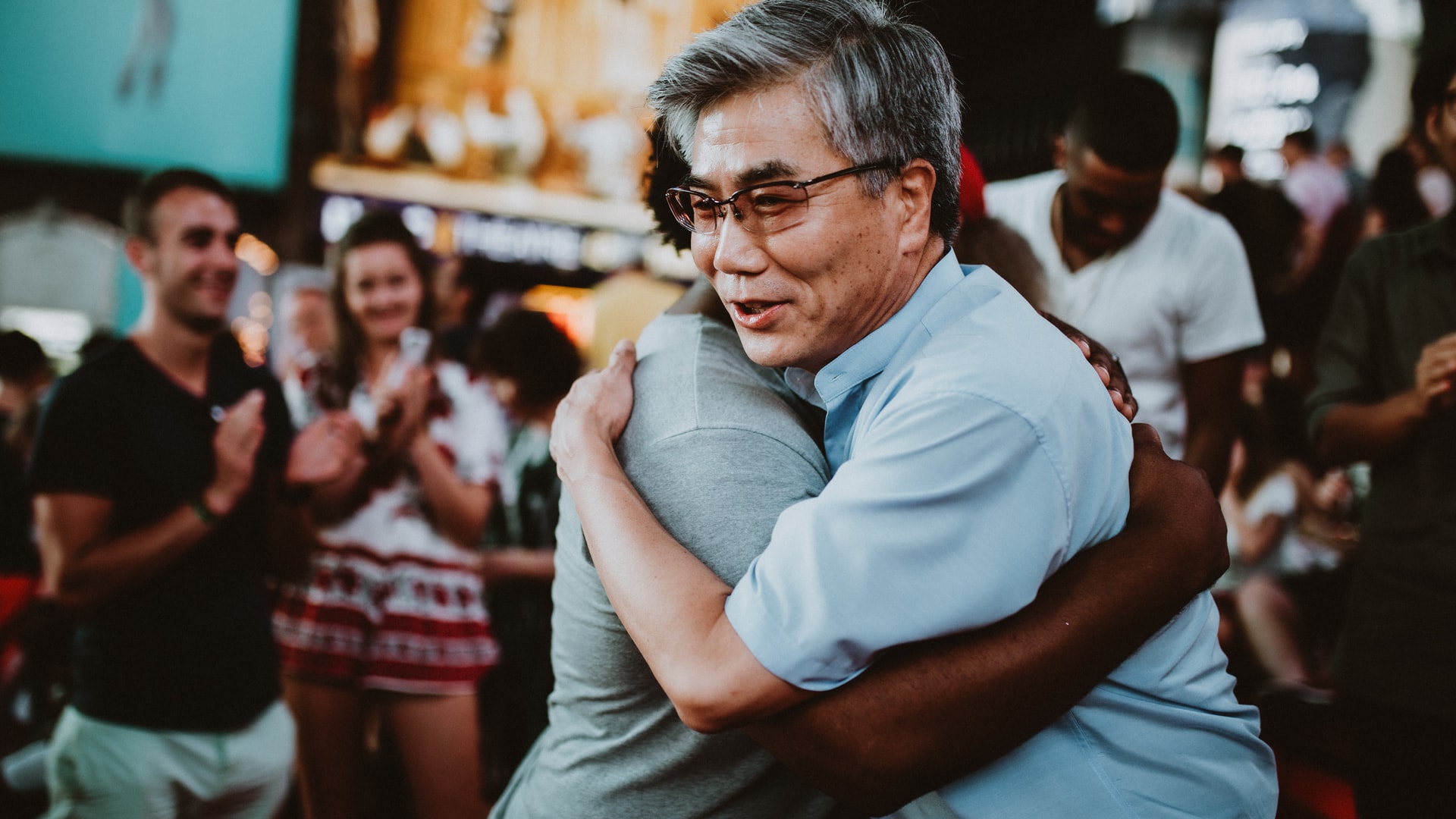Gratitude – the simplest road to happiness [Gratitude Series Part 1]

Everyone wants to be happy but not many can achieve it. Is it so difficult to be happy?
One of the simplest yet the most powerful things that we can do to make ourselves a whole lot happier is to practise GRATITUDE. Gratitude is like a spark that lights a fire of joy and happiness! Thus, we bring you this Gratitude Series to help you in your pursuit of happiness. Read-on this first article of the series and start your journey to happiness!
What is gratitude?
Many of us express gratitude by saying ‘thank you’ to someone who has helped us or given us a gift. In simple words, gratitude means being thankful, appreciative or returning the kindness or generosity received from others.
From a scientific perspective, gratitude is not just an action – it is a positive emotion that serves a biological purpose. Studies show that specific areas of the brain are activated when experiencing and expressing gratitude and the change that occurred in the brain is a lasting one. There are ample of scientific evidence that grateful people are happier, more resilient to stress, experience greater empathy, improved sleep and enhanced self-esteem.

Image Source: https://unsplash.com/photos/CjI_2QX7hvU
How does gratitude help us in being happy?
Scientific studies show that gratitude activates “feel-good” hormones, such as dopamine which we associate with pleasure, serotonin which regulates our mood, and oxytocin which induces feelings like trust and generosity. All these promote social bonding and feeling connected.
When we practise gratitude, we focus on what we value and appreciate about others, rather than focusing on criticisms and disappointments. People tend to feel better about themselves and others when they express gratitude or hear expressions of gratitude. Thus, gratitude promotes greater connectedness and improves relationships.

Image Source: https://unsplash.com/photos/JPcO061-UL0
When we focus on the blessings that we do have – rather than what we don’t have – we naturally feel better about ourselves and our lives. By making a conscious and continuous effort to be grateful, we can literally rewire our brain to think positively.
When we have a more positive outlook of life, we will be more optimistic in all areas in our lives – health, career, relationships, and self-esteem. Thus, being grateful can provide us the resolve we need to make the right choices for ourselves or to act in ways that serve us, emotionally and physically. Thus, when we move the clouds of negativity away through gratitude, we can connect with our deepest self, our essence. This is where inner peace and happiness reside.
On the other hand, when we are not grateful, we will be left in a state of wanting rather than accepting. We will often engage in external efforts to ‘do more’, or ‘find more’ or ‘be more.’ No matter how much we have or how much is given to us or how good we are, we will not be happy – because we will always want something else or something more. How does this not bring MORE unhappiness?’
—
Read the next posts in the series:
What the Buddha taught about gratitude [Part 2]
How to practise gratitude? [Part 3]
Gratitude in adversity [Part 4]


